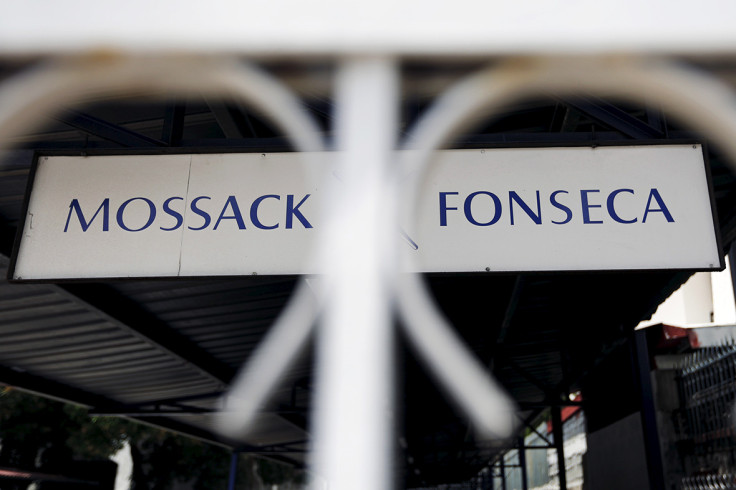Panama Papers: Why Mossack Fonseca leak could spell end of offshore anonymity

The Panama Papers leak is just the tip of the iceberg and the revelations highlight a growing need for greater international cooperation to achieve economic transparency, the head of compliance at one of the leading global risk and data management companies has said.
Some 11.5 million records of offshore holdings from Panamanian law firm Mossack Fonseca were obtained by German newspaper Süddeutsche Zeitung and shared with 107 media organisations across 78 countries. The documents have offered an insight into the private wealth of 72 current or former heads of state who have used shell companies and offshore accounts, often through close associates or family members.
"There is a growing need to implement ultimate beneficial ownership (UBO) across the world, whereby individuals who ultimately own a corporate entity or control customer transactions are identified and closely monitored," Chrisol Correia, international head of AML Compliance at LexisNexis Risk Solutions, told IBTimes UK.
As one of the world's biggest providers of global risk and data management advices LexisNexis Risk Solutions has worked closely with some of the major banks in the world and Correia points to the lack of clarity over UBO ownership as one of the main issues surrounding the financial world.
Despite the best efforts of investigators, many individuals will still be able to hide their true identity – and be deemed compliant with certain tax laws – by using complex corporate structures to protect their anonymity, he warns.
"The challenge for companies, including banks, will be to gain a clear understanding of who in the leaked set is a Politically Exposed Person (PEP), for example, and in particular which individuals are likely to be associated with money laundering or similarly high risk activities," adds Correia.
Mossack Fonseca, the law firm at the centre of the scandal, is thought to have opened 15,600 offshore companies after being contacted by 500 banks. However, while the leaks has put the practices of running accounts in tax havens firmly in the spotlight, Correia believes the issue is much broader.
"This leak underlines the fact that there is no global standard definition or implementation of beneficial ownership, and that is the main issue here," he says. "Furthermore, many jurisdictions are failing to collect UBO information as effectively as they should be."
In June 2015, the European Union published a new anti-money laundering directive and a new regulation on the information accompanying the transfer of funds. The legislation represents the revised EU framework on anti-money laundering and terrorist financing.
Under the new directive, financial institutions and law firms are obliged to check the identity of their customers and to report suspicious transactions. The directive also includes new and increased administrative sanctions for serious, repeated or systematic breaches of the requirements, and new measures for the traceability of fund transfers.
"EU member states need to comply with the directive by ensuring this information is stored centrally in a register out of the company for security reasons," Correia explains.
"This will lead to the creation of central registries by country, and include funds and trusts, which will help to enhance transparency considerably."
Away from the political and legal implications that are likely to unfold in future, the Panama Papers leaks will, in all likelihood, have a drastic impact on the financial industry. Law firms, accountants, financial advisers and corporate services providers could come under further regulatory and legislative scrutiny in the near future, while offshore financial centres will find it harder to continue offering their core services.
In the wake of the leaks, Australia and New Zealand announced investigations into the affairs of their citizens named in the leak and other countries are expected to follow suit but Correia believes the long-lasting effect could be even more significant.
"The Panama Papers leak will ultimately help to further erode banking and legal anonymity, supporting the fight against fraud and leading to financial transparency, which will put a stop to economic crimes across the globe," he adds.
© Copyright IBTimes 2025. All rights reserved.






















